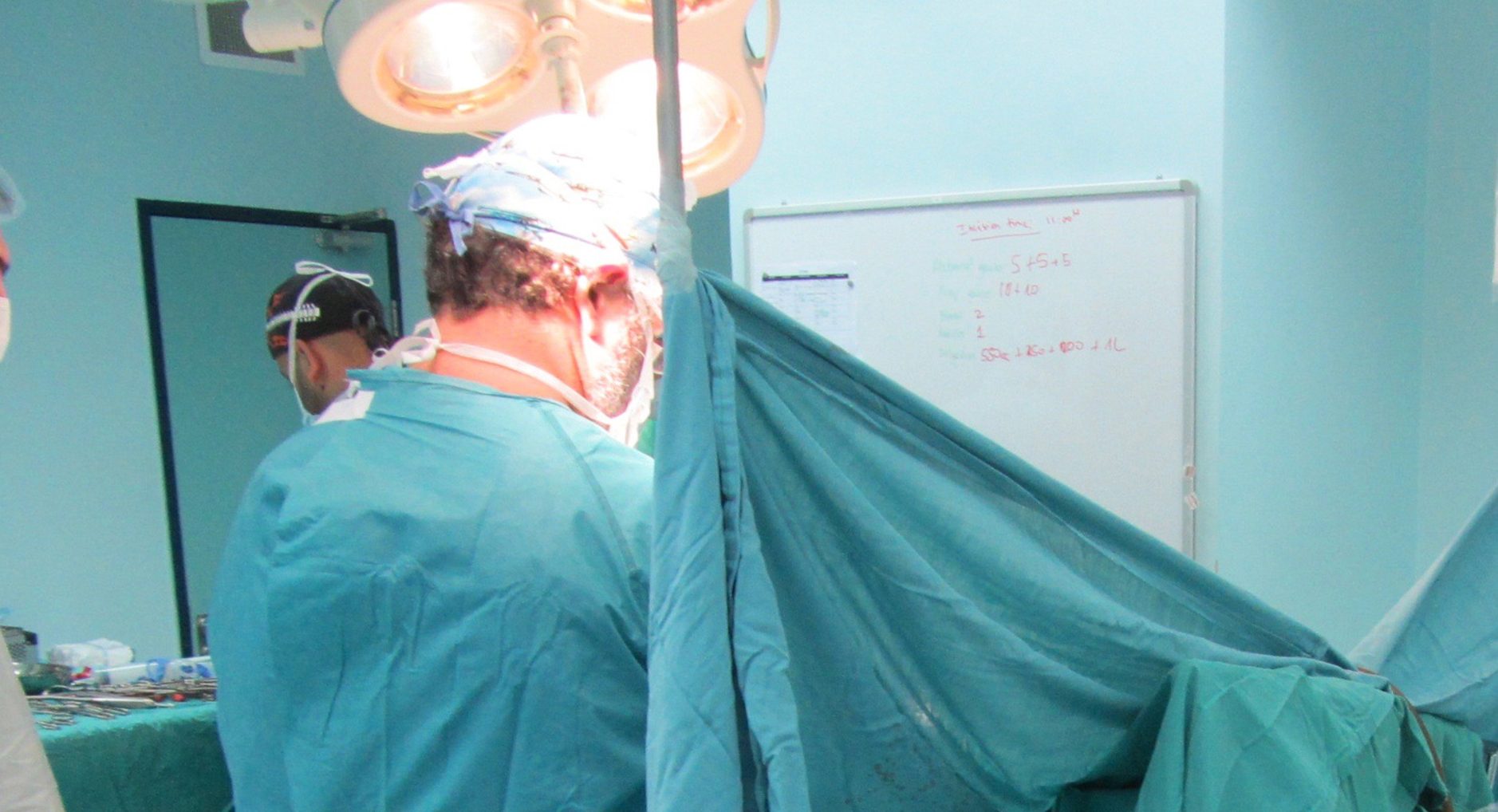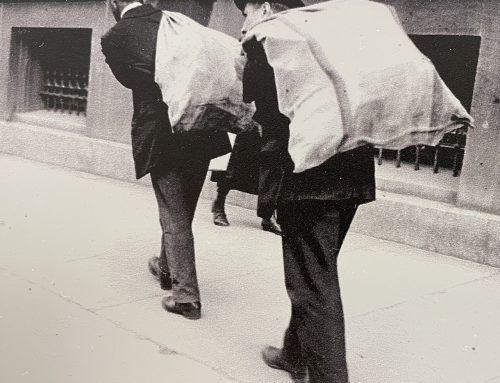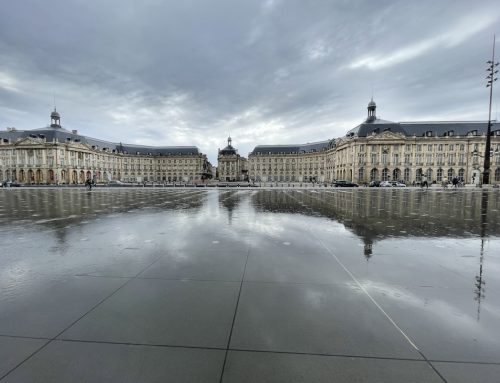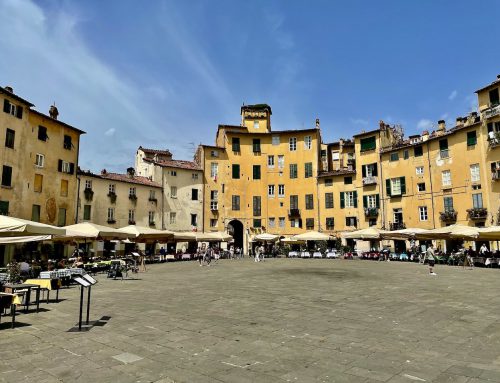Modesty should be their second name

An RGB at work - these people are almost irreplaceable

An RGB at work - these people are almost irreplaceable
Tripoli, Lebanon
I feel sad today, although perhaps sad is the wrong word. Unsettled might be better. You see, one of the surgeons is leaving us, and it is so terribly clear that he is as respected as they come. It has also made me think of how those in mainstream medicine have definitely got it wrong. It has taken me a while to get there but…oh well…here goes.
For reasons that are not immediately clear, folk become famous in world medicine by being noisy, by writing lots of scientific papers, by attending meetings and, frighteningly often, by the level of management they eventually achieve - committees, Government bodies, that sort of thing. There appears to be a presumption that if you do plenty of these perhaps ancillary-to-medicine things then by definition you are a good doctor, or nurse, or physiotherapist, or whatever is your bent. Few seem to judge how you operate, or prescribe, or relate to patients. Yet patients, after all, are the reason why medics were invented.
So there is little recognition given to the RGB. Normally I hate abbreviations but this one, I fear, must stay. RGB? The Really Good Bloke or, if you will forgive the gender differentiation, the Really Good Bird. The International Committee of the Red Cross, or ICRC, is full of them both, almost wherever I look.
Part of the problem is they do not show off. Never have I seen a medical body that tells the world so little of what they do. There are the rest of us in so-called mainstream medicine, strutting here and there, sometimes making pronouncements based on the scantest scientific support. That is the world I normally inhabit and I guess I am a strutter, too. But the ICRC? That is something totally different.
The RGB who is leaving today has, in a hugely short time, wriggled his way under everyone’s skin. He is perhaps one of the most talented, yet understated medics I have met. I have seen him operate – he is excellent – and have for a brief period shared his agonies as he dwells and ponders on how to handle the next surgical case.
These are not simple problems that flow through hospital’s doors. They represent patients who have reached the end of the end of the end of the line and for whom there is no further option. Just when all must appear hopeless, in comes the ICRC, the cavalry riding into view. Mind you, it does not make for easy surgery. You try unpicking a problem that has already been through nine operations, by as many surgeons, and in as many hospitals up to a thousand miles away. It needs a special person, a special brain and a determined ability to handle such things. The departing RGB has that ability in spades.
Sometimes I can walk into an operating theatre and see a surgeon at work. Instantly, and I do mean instant, I can tell whether that individual is good, bad or indifferent. Let me tell you that this RGB is good. Actually good is the wrong word. He is bloody marvellous. He has one of those rare attributes of being able to make an incision and rarely does the thing bleed.
You see that sometimes. Take five surgeons, give each the same knife, and ask them to make an incision through the exact same piece of skin. For inexplicable reasons, that incision will bleed at different rates depending entirely on who has made it. For one there will be a tiny trickle while for another the patient will bleed like the proverbial pig. I have no idea why that happens, as by rights it should not. However, there are clearly some who were born to hold a knife and others who were better placed doing something different. Most surgeons know of some very famous names in the world that struggle to operate safely while others, and this RGB is one such, make it appear simple.
I have seen him with the patients, too. Multilingual he may be yet even he would admit Arabic is not his strong point. Despite this, the Arab patients greet him as a long-lost friend wherever he goes. It is almost impossible to make headway on a ward round, and certainly when we walk together through the hospital complex. He stops, or is stopped by almost anyone we see. There first comes the broad smile on the patient’s face, a genuine beam of pleasure and happiness associated with utter and total trust. They each call him “my surgeon”, and arguments break out between these ex-fighters, even the children, as to whom this medic belongs. He hugs, he grins, he stops for a chat, he encourages, and has an empathy that few possess.
Through all this I have seen an enormous modesty. The RGB has done so much and has had a wealth of experience in regions so remote that maps are impossible to find. Yet he tells no one. No one, absolutely no one, could accuse him of showing off. You have to listen hard, to casual comment, little more, to realise that he has chosen a surgical path from the beginning – almost stumbling into it by the sound of things – that many would envy but few could handle.
So you can see why I am unsettled, the ICRC team is unsettled, and I am sure the patients will be unsettled for a period, too. Sure, they will still be supported, as there are others to continue the task, but when an RGB gets under your skin, so everyone feels out of sorts and it takes time for these odd feelings to settle. It also takes a while for the next one in to fill the mould.
He was dined out last night and I was privileged to be there. Actually to use the term dining out is rather grand. It was a dinner in a restaurant on the edge of a once war-torn street. There was not a tie or jacket to be seen. Yet folk came out of the woodwork to attend and now, eight hours later as I write these words, I have the heaviest of lead weights in my stomach. I simply ate too much. Food on a plate has to be eaten, whether or not you need it. Isn’t that so? Mind you, I am a recognised glutton and by rights should have a BMI of well over 60. However, the event set me thinking, something I have been doing a lot recently. Life is too short for dieting if you are me.
As I sat, surrounded by fellow workers, I noted there was little, if any, talk of home. I was the one quizzed about what I did in UK, where I lived, and where I worked. I sense this is a humanitarian survival tool. The workers, if they will forgive that description, are asked to toil in some of the world’s most unstable regions and to rely totally on reputation and Red Cross emblem to make it through. Many combatants understand that but one or two do not. Sadly, you only need one fighter to misunderstand the emblem and an entire overseas mission can come to a grinding halt. There have been deaths and kidnaps, beheadings, disappearances and even mystery illnesses but still the organisation carries on.
You see, toeing that middle line appears critical to ICRC survival, which is perhaps why those back home hear so little of what they do and maybe even misunderstand their motives. The fact is that the RGB departing today, although exceptional in himself, is but one of many RGBs who work in this organisation. Modesty should be their second name.







